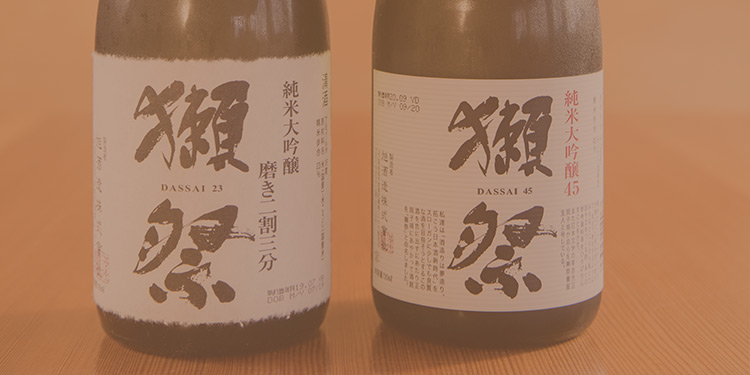Last Updated 3/17/2021
Fruity and elegant Junmai Daiginjo sake has become one of the most popular styles. No brand is as recognized for it as Dassai (獺祭).
This article will cover this popular brand in detail. You’ll learn about their sake’s style, how it’s made, some of the shade, where to find some of your own, and more.
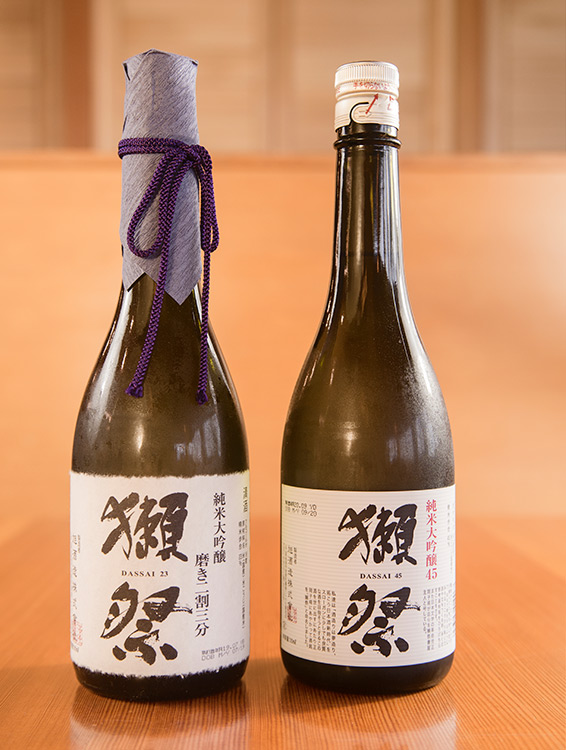
Overview of Dassai Sake
The Dassai sake brand is one of the greatest success stories of the modern sake industry. Whereas sake brewers as a whole have suffering slumping sales and contraction for a long time, Dassai has succeeded through innovation and modern fruit-forward style.
Their focus on brewing only Junmai Daiginjo, in particular, is unique. This, plus the large-scale production of Dassai sake has ruffled a few feathers in the sake brewing industry. More on that later.
Overall, Dassai Sake is very approachable. It’s great for those new to premium sake, for sushi bar pairing, and for those drinkers that prefer fruit-forward (not sweet) and mellow beverages. It’s also worth noting that all Dassai sake is certified kosher.
The Dassai Sake Style
All of the Dassai sake bottlings feature layers of fruit, lots of floral notes, and a creamy-smooth palate.
From top to bottom their sake is complex and flirtatious. All of Dassai’s sakes are fruit-forward, light, and clean in flavor. They also tend to be slightly dry.
Pairing Dassai Junmai Daiginjo Sakes
Dassai sake, and Junmai Daiginjo in general, are typically a good foil for most lighter Japanese restaurant fare – just not too rich or bitter. Sushi, sashimi, classic makimono, Americanized rolls, raw oysters, tempura, and salads all pair well with Dassai.
Serving Dassai Sake
It’s recommended to serve most Junmai Daiginjo sakes chilled. The products from Dassai are no exception. Room termperature is fine, however.
Wine glasses are going to give you the best-tasting experience for Dassai sake. If you want to dive deep into the structure and aroma and flavor of these Junmai Daiginjos, this is the way to go.
Smaller o-choko will provide a softer and more delicate flavor profile. Dassai sake can practically disappear in these smaller cups. The small size and opening of o-choko will make the sake seem a little sweeter.
The larger guinomi is a nice middle-ground serving vessel between o-choko and wine glasses. They offer a bigger bowl to capture more aroma. And unlike wine glasses, they have a traditional feel.
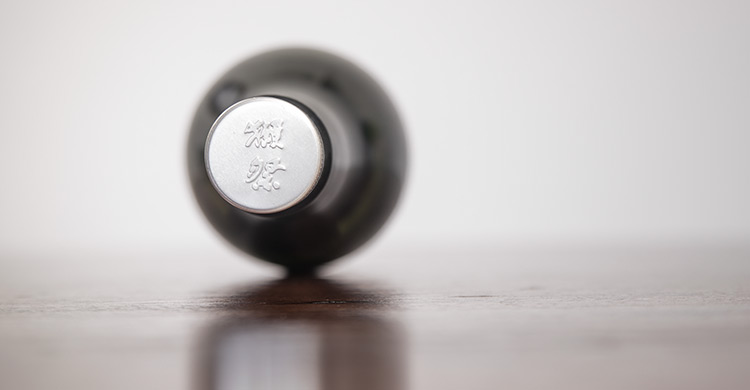
Who Makes Dassai and How is it Different?
Asahi Shuzo (旭酒造) of Yamaguchi is the brewer behind the Dassai brand. As mentioned, they’ve been quite innovative and have broken away from some of the orthodoxy of the sake brewing industry.
Unlike many sake breweries: Dassai is brewed year-round. Asahi Shuzo blends traditional and Ginjo brewing techniques with cutting-edge modern technology and brewing practices.
Yamada Nishiki Sake
Asahi Shuzo also specializes in Yamada Nishiki-based Junmai Daiginjo. Their primo Yamada Nishiki rice is contract farmed so that they may exert greater control over its quality.
They then mill this rice in-house using their 16 rice mills! This is a lot of control over the rice grain that produces some of the finest sake out there.
The Water
Asahi Shuzo uses ultra-soft well water for brewing Dassai. This water not only helps produce a soft texture, but the low mineral content also lends itself well for a long, cool fermentation. This leads to the fruity, floral, and clean character of their sake.
Their use of high-quality rice that’s precisely milled further enhances this gentle, feminine nature.
Dassai Sake Products “Otter Festival”
As mentioned above, all Dassai sake is Junmai Daiginjo grade. This means a minimum of 50% rice milling and no added alcohol. The different products from Dassai are differentiated by their milling rate.
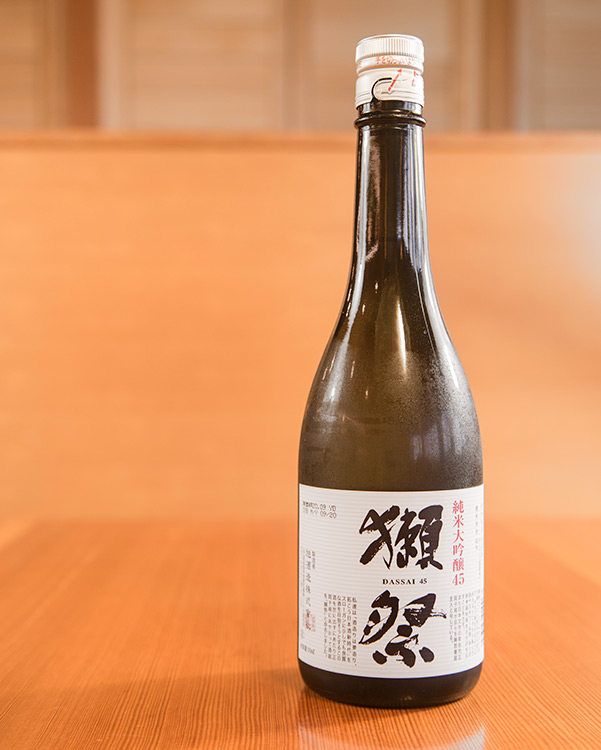
Dassai 45 Junmai Daiginjo
Dassai 45 is the flagship sake from Asahi Shuzo. It recently replaced Dassai 50 in the lineup.
Like the other numbered sakes from Dassai, 45 represents the amount of rice milling. In this case, 45% of the Yamada Nishiki rice remains (55% removed).
Prices for Dassai 45 are the lowest of the Dassai lineup. Retail shops and restaurants across the world frequently stock this fruity sake. Prices for 300 ml bottles retail start around $12. The 720 ml size is usually $25 or more. These prices depend on the market.
Bottle prices at restaurants are usually around $65 or more. By the glass pricing depends on where you’re at. A standard 6 oz. pour will usually cost between $14 and $24.
Shop Online Retailers of Dassai 45
We may earn commissions from qualifying purchases.
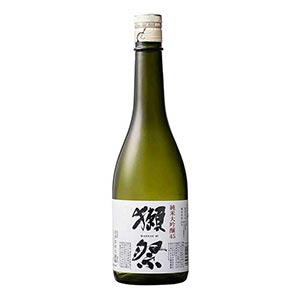
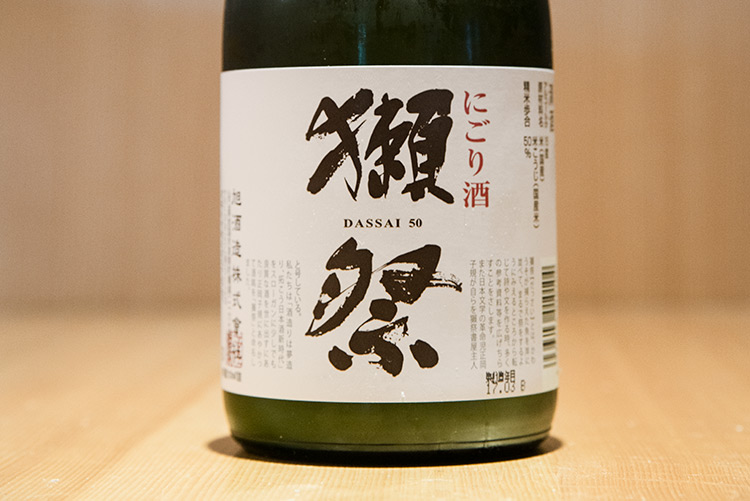
Dassai 45 Nigori Junmai Daiginjo
Dassai 45 is a cloudy version of the standard 45. It is creamier in texture and slightly sweeter. By nigori standards, this Dassai is quite complex. It’s definitely a sake nigori fans should try.
The price for Dassai 45 Nigori is similar to the clear Dassai 45. It’s widely available at retail shops and restaurants.
Shop Online Retailers of Dassai 45 Nigori
We may earn commissions from qualifying purchases.
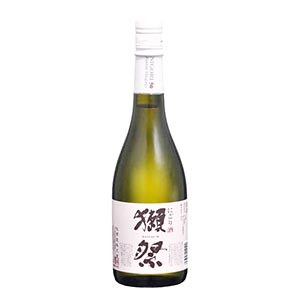
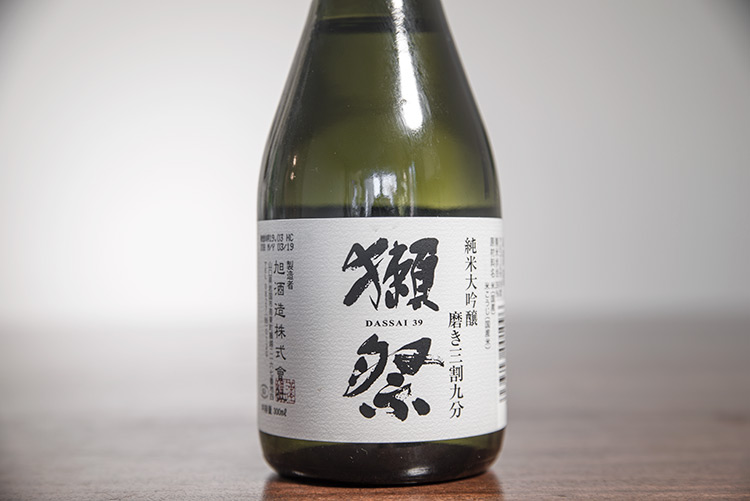
Dassai 39 Junmai Daiginjo
Dassai 39 lies between 45 and 23 in the lineup. It uses Yamada Nishiki rice polished to 39% (61% removed). It’s a little fruitier and lighter in flavor than 45.
Dassai 39 can be harder to find than 45 and 23. Expect to pay around $17+ for 300 ml bottles in retail shops. The 720ml size is usually around $40 or more. Restaurants sometimes carry Dassai 39, and prices for 720 ml bottles range between $70 and $90.
Shop Online Retailers of Dassai 39 Junmai Daiginjo “Otter Festival”
We may earn commissions from qualifying purchases.
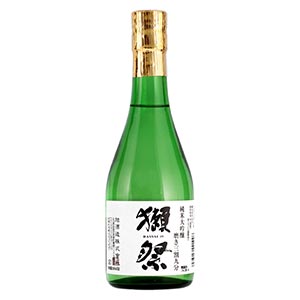
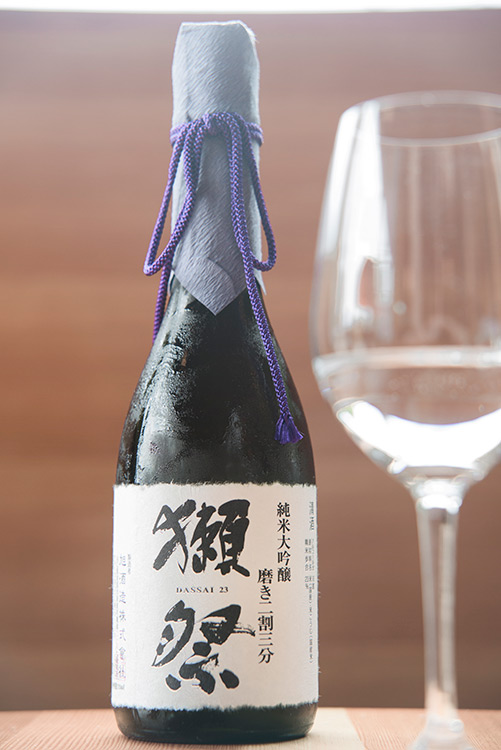
Dassai 23 Junmai Daiginjo
Dassai 23 is a famous Junmai Daiginjo that’s milled to an incredible 23% (77% removed). In the ultra-premium Junmai Daiginjo category, it’s one of the easiest to find.
Prices for Dassai 23 are high, but reasonable for the quality. Retail shop prices start around $35 for 300 ml bottles and $80 for 720ml. Restaurants often carry this premium Junmai Daiginjo as their top-shelf offering. Expect to pay between $150 and $225 for a 720 ml bottle. Only the most exclusive restaurants would ever offer this by the glass, but it has been done.
Shop Online Retailers of Dassai 23 Junmai Daiginjo “Otter Festival”
We may earn commissions from qualifying purchases.
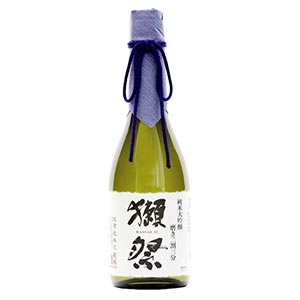
Dassai Beyond Junmai Daiginjo
This is the top-level sake from Asahi Shuzo. They do not share what makes Beyond so great (or expensive). Still, it is one of the most famous premium sakes on the market today.
Ultra sake is never cheap. If you can find Dassai Beyond, expect to pay at least $500 retail. We suggest looking online. Some high-end Japanese restaurants will carry Beyond, but again, it is hard to find. Prices will vary wildly. Expect to pay between $750 and $1000.
Shop Online Retailers of Dassai Beyond
We may earn commissions from qualifying purchases.
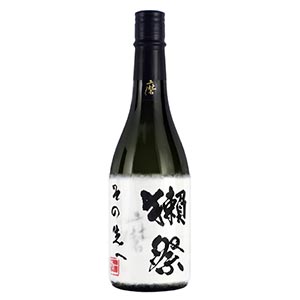
Shop Dassai Sake Combos: 45, 39, and 23 Junmai Daiginjo
We may earn commissions from qualifying purchases.
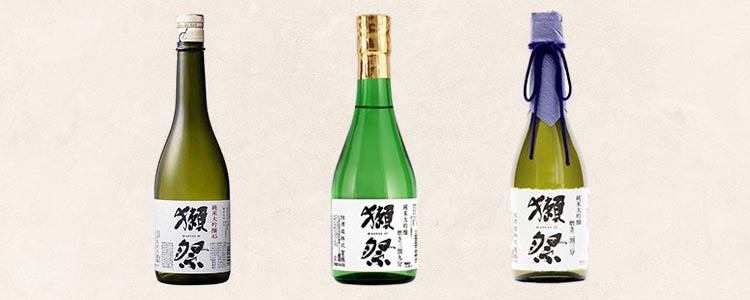
Dassai Sake Controversy
With great success often comes detractors. Dassai is not immune from this. Many brewers take issue with the industrial nature of Dassai’s Junmai Daiginjo production. They produce a large volume of sake, but charge the same as the equivalent products from smaller brewers. These smaller producers usually hand-craft these sakes and only product a tiny output.
Dassai markets itself as craft sake, but at their scale and success level, it’s a hard case to make these days. The sake industry has retracted greatly over the recent decades, while Asahi Shuzo has expanded. This may bother some producers, as well.
Many sake enthusiasts and professionals also lament the ubiquity of Dassai sake. It’s everywhere. And again, it’s no cheaper than its competitors. After having enough sake, many favorite Junmai Daiginjos often emerged for each individual. Dassai makes complex sake, but there are a lot of other brands out there making spectacular stuff that doesn’t get nearly as much attention.
On the flip side, Dassai has introduced much of the world to premium ginjo-shu. They’ve helped popularize fruity and light sake to the masses. They deserve credit for this.
More About the Brewery: Asahi Shuzo
Location: Iwakuni, Yamaguchi (山口) EST: 1948
Official Website: English / 日本語
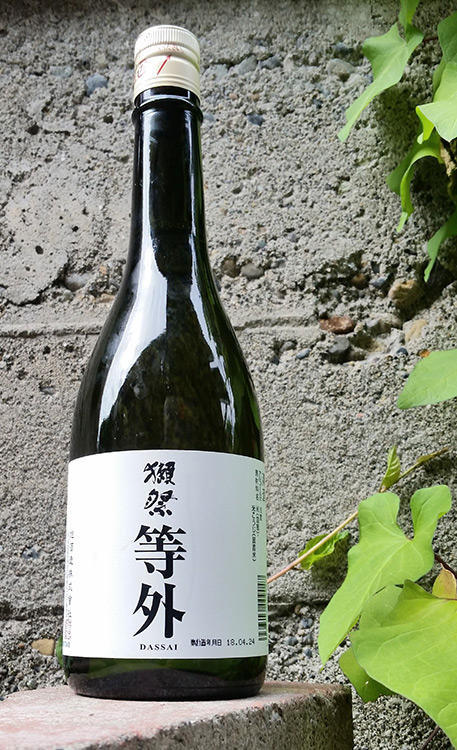
Follow the Japanese Bar on Social Media
Connect with our latest posts, the newest Japanese beverage info, and get exclusive promotional offers. Level-up your sake IQ!
